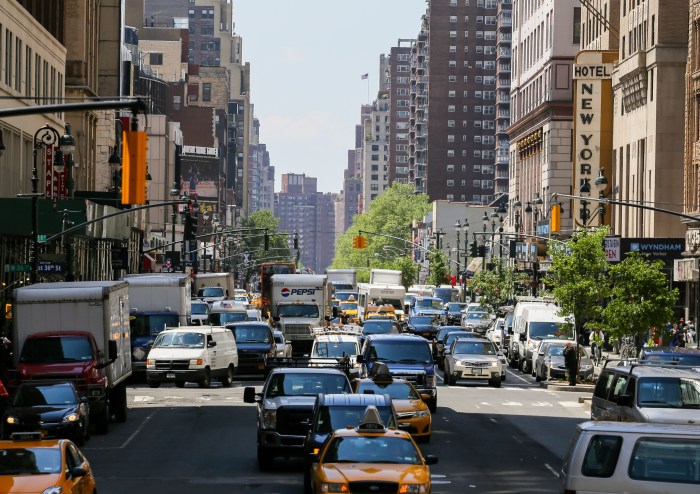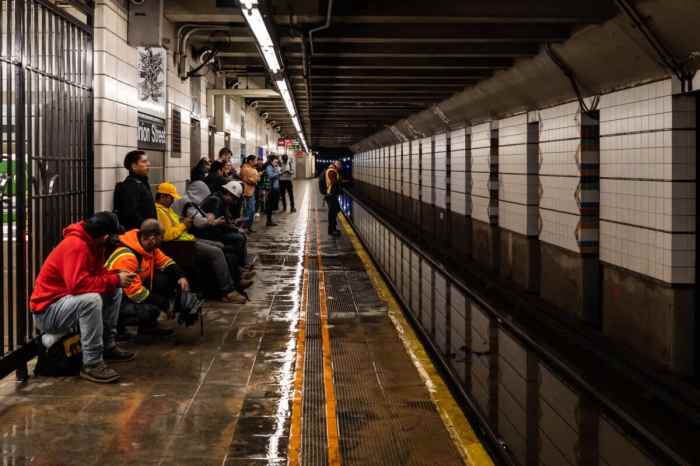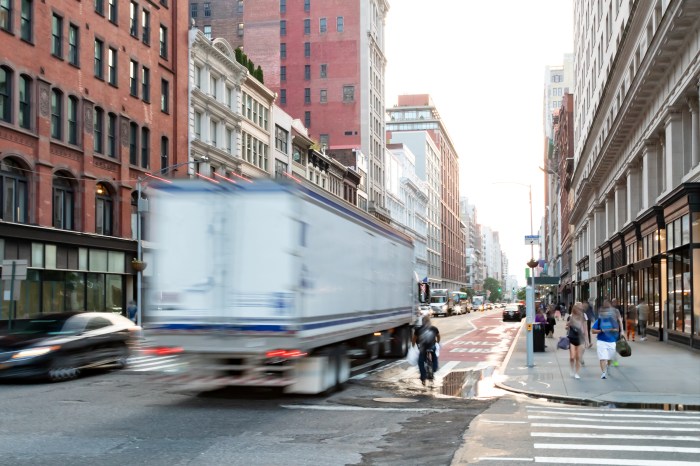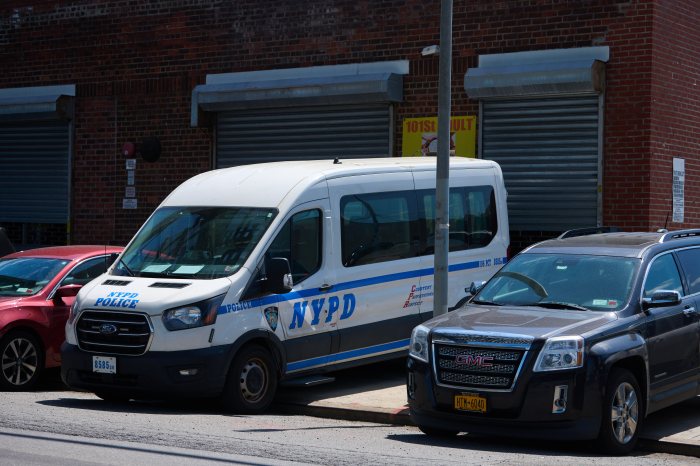
MTA board members on Wednesday called for the agency to end its routine fare and toll hikes and instead find new revenue through congestion pricing, or other taxes and fees.
The agency has had a policy of hiking fares and tolls every other year since 2009 and plans to do so again in March 2019 and 2021 to help balance the budget. But board members fear disgruntled commuters are reaching a breaking point.
“While I understand the obvious need for the fare and toll increases, as I say year after year, if you take these to their logical conclusion at some point the fare will be $10 and tolls will be $50,” said board member Andrew Albert at Wednesday’s board meeting. “I’m not sure that that’s sustainable, hence the need for an ongoing predictable, additional source of income somewhere.”
As delays on the subway system soar, the cost of transit has steadily increased, putting a burden on New Yorkers. Commuting expenses have the second-highest impact on raising New York City’s poverty rate, just behind out-of-pocket medical expenses, according to a recent city report.
The last hike, in March of this year, was the sixth since 2008, and came ahead of two subway train derailments, Long Island Rail Road’s “summer of hell” and a series of high-profile service failures.
“I don’t think our customers can accept it any more,” board member Mitchell Pally said, adding that unless the agency could bring sweeping improvements to operations, a 2019 increase in fares and tolls would be a “very, very, very difficult sell.”
Several board members heaped praise on Move NY, a congestion pricing plan that would bring an extra $1.5 billion annual revenue to the agency. But the plan appears stalled without political support from the mayor, governor or City Council.
While MTA chairman Joe Lhota seeks funding for his $800 million subway improvement plan, unveiled Tuesday, the board requested that Lhota seek dedicated revenue from new state taxes to tackle the agency’s operating costs.
“I heard loud and clear, the board is very interested in engaging and having a dedicated revenue stream,” Lhota told reporters after the board meeting, “and I will begin the process of thinking about how to go about doing that.”
Another board member, Andrew Saul, lamented that few things would change financially until Gov. Andrew Cuomo appoints a full-time CEO and executive director for the agency and stopped his “micromanaging,” according to Saul. Cuomo faced heat earlier this year after pulling $65 million in MTA funds from his state budget. He took it from the payroll mobility tax — the kind of dedicated revenue board members want the agency to rely on.
“The board has had its oversight role and its independent authority basically stripped away, so it is currently a rubber stamp for the governor’s policies,” Saul said. “We have a governor who insists on micromanaging the MTA. The result is what you see now—the constant confusion in direction, low morale and the loss of many of our best employees.”

















